
"The whole experience has been quite traumatic and more than anything - a massive burden."
Endometriosis is a chronic, often debilitating condition. It affects one in 10 women and can take, on average, eight years to formally diagnose, as per Endometriosis UK.
It can cause crippling pain which can prevent you from carrying out 'normal activities', as stated by the NHS, and you can feel sick, constipated and suffer from diarrhoea.
So how does regularly turning up to work and maintaining a career fit into all of this? In essence, it doesn't always.
Advert
Tyla spoke with Teya, a 21-year-old woman who was officially confirmed to have endometriosis towards the end of 2020, about her experiences with the condition and its impact on her job and workplace relationships.
When I asked Teya what her experiences have been so far, she said: "F**king awful. In a nutshell.
"When I was younger I didn’t know why I was in so much pain every month. Sometimes it was so awful if I moved, I threw up. I’d literally be screaming in agony most times. As I got older the pain started to lessen (only just) but I knew something wasn’t right - so eventually, in 2020 I got it checked.
"I had key-hole surgery to remove it but was consistently on my period for about a year after that. I had to go back and get my doctor to prescribe me a combination of medicines to fix the problem."

But while Teya hasn't told her current employer about her condition, she had to tell her previous place of work when she took time off for her surgery.
"They seemed genuinely sorry that I had to endure something like that, but slightly inconvenienced by me having to take time off," she reflects.
However, Teya goes on to note if she's being 'honest,' she would've liked 'a different reaction'.
"Most people (the majority of men and few women) don’t know what endometriosis even is - which means they don’t know what an impact it is on your life. Having to explain to someone who doesn’t understand the toll it takes on you is very irritating - especially if they think you’re exaggerating."
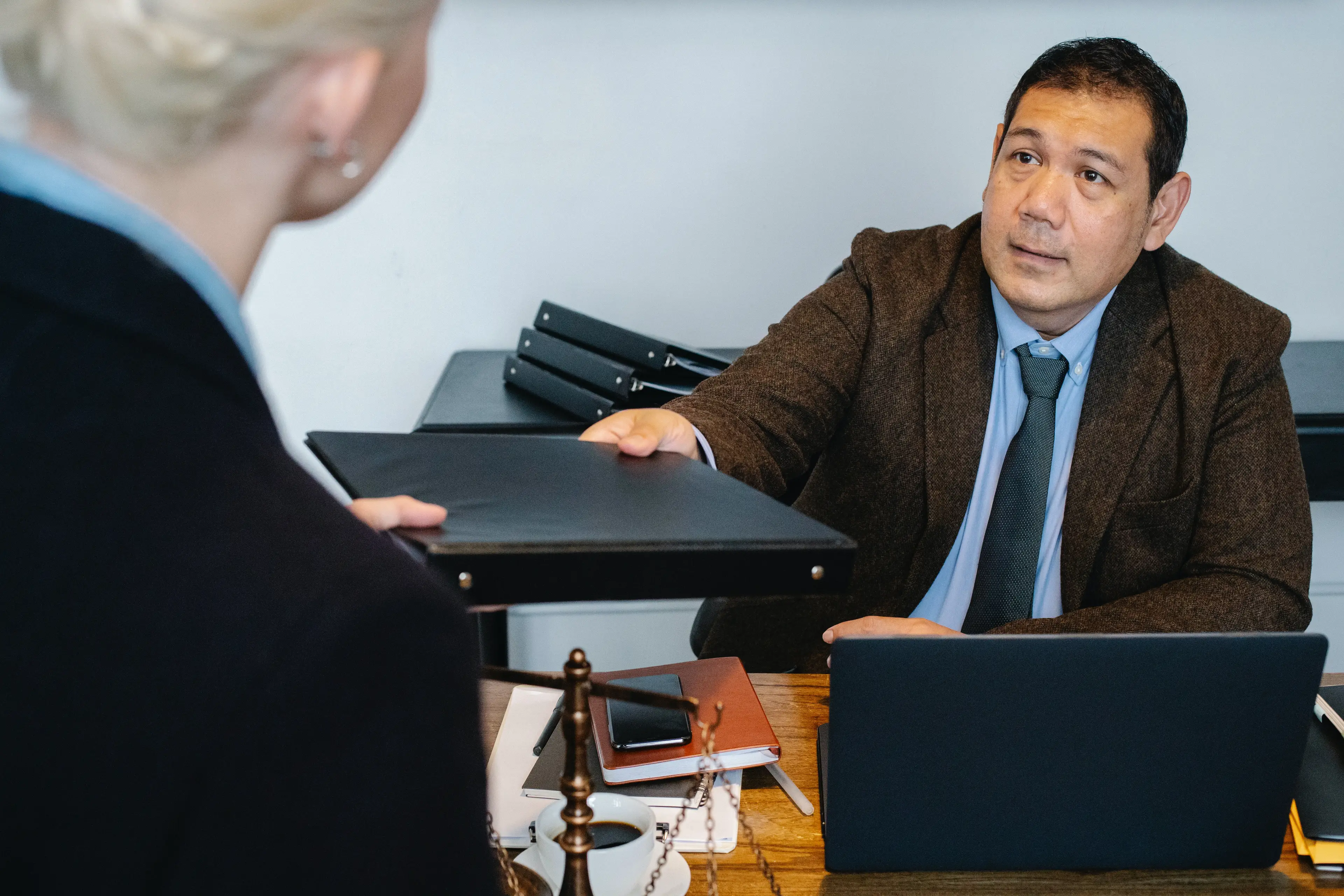
Indeed, more than a third (36 percent) of people who have periods have lied about the reason for taking time off due to fear of embarrassment or judgment, as per Bupa.
Furthermore, a third (32 percent) of men reportedly feel it’s unprofessional to talk about periods at work, according to research by Initial Washroom Hygiene.
However, one employer who wouldn't question whether or not Teya was exaggerating is Riannon Palmer - the Founder and Managing Director of Lemn-uhn - 'a better type of PR agency' which makes sure employees have a work-life balance and are genuinely cared about, including listening to those who have 'severe periods'.
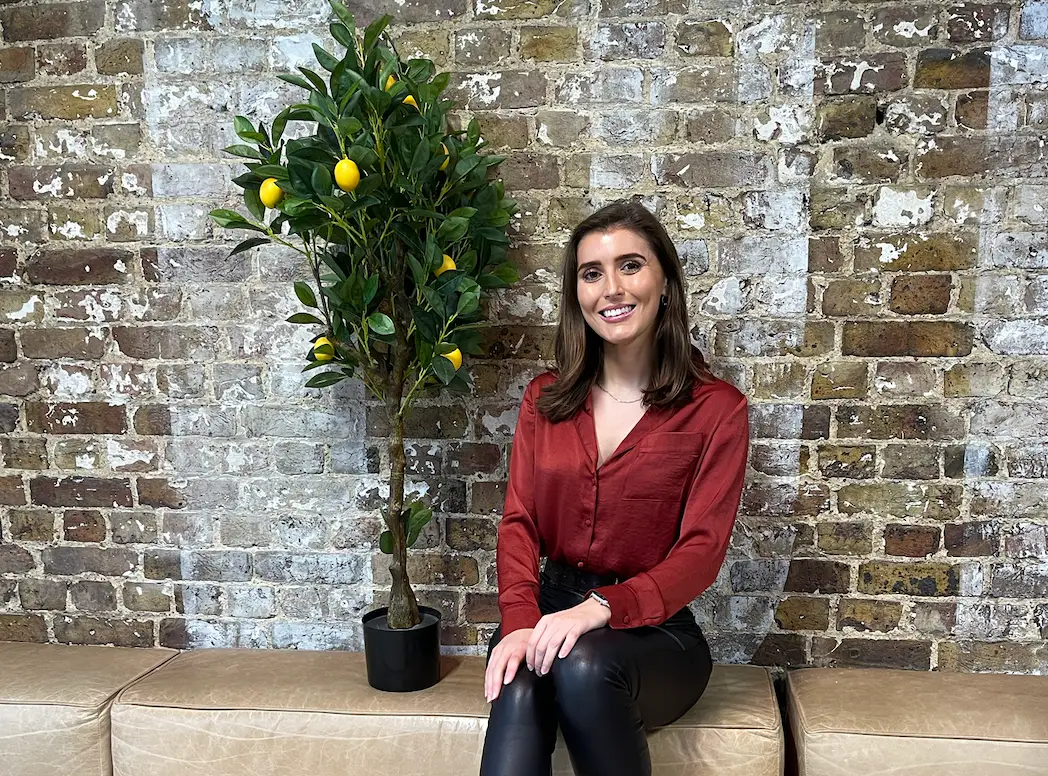
Riannon came up with the 'Menstrual, menopause and miscarriage Policy' as a way to develop and further the Victorian Women's Trust's outline for menstrual policy.
"I know sick leave can be really tricky thing. [At Lem-uhn] we had people that has severe periods, and they wanted to work from home or have some time off in the past. It was kind of just an unsaid thing.
"But actually, having a policy in place, and making it black and white, makes it much more easy."
So what do people with periods get offered as part of the policy at Lem-uhn?
The policy's description on Lem-uhn's site reads: "Lem-uhn employees accrue an additional 10 days of paid personal leave per year for menstruation, menopause discomfort or in the event of a miscarriage.
"The entitlement is to be used if an employee is suffering from menstrual or menopause symptoms which interfere with their ability to work or in the event they suffer a miscarriage or pregnancy loss.
"Staff are also able to request to work from where is most comfortable for them, whether that be within the office or from home if needed during their period or due to menopause symptoms."
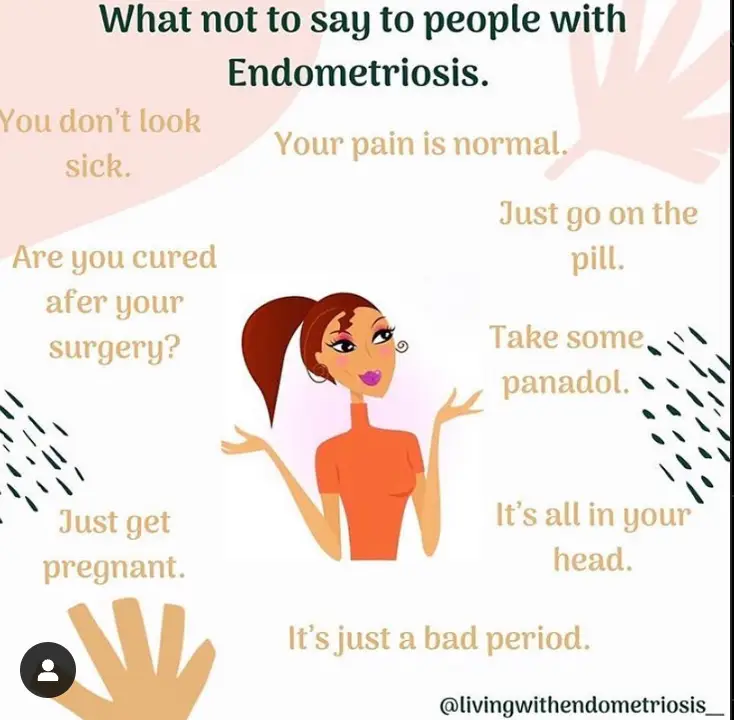
In essence, it's flexible working - 'which all companies should have', Riannon adds.
"We're just open and understanding and we haven't asked for any proof of any appointments or conditions or anything like that. We hope it's kind of a win-win for employee, for our employees and for our clients. And it leads to better productivity overall," she explains.
And Teya agrees too: "I think it’s a really good initiative. I’ve never been treated with a pleasant reaction when I’ve had to tell work that I need the day off for menstrual pain issues, in any job. In the past I’ve had to take five days of the week to just be in bed lying down.
"I wouldn’t be able to concentrate or do anything in that time either - just because I was in too much pain.
"A structure set in place where I could take the needed time off (as it's already been allotted to me) would definitely give me more of an appreciation for my work environment."
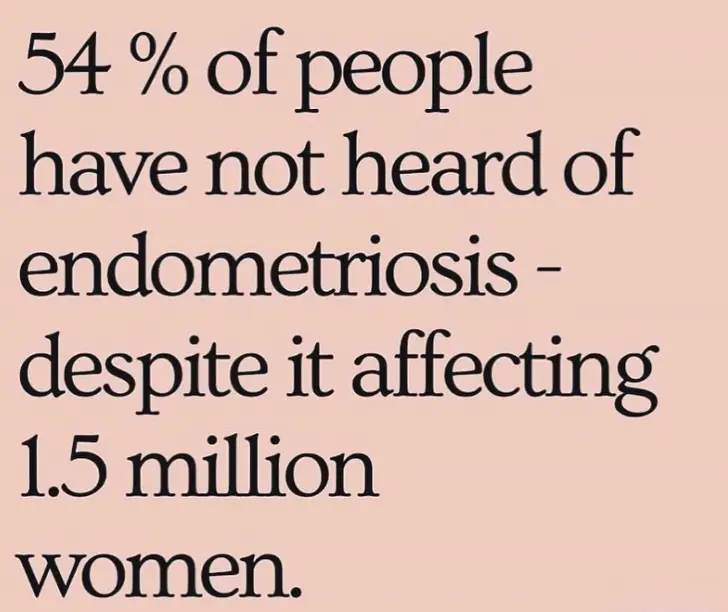
But is it a policy other companies would be interested in adapting?
Riannon explains that people have had a lot of questions: "How does it work in practice? Would anyone use it?"
"But usually, these questions have come from people that are a little bit older. And I think it has come more from men as well," she reflects.
However, the general consensus has been a positive one, with 'most people really interested' and wanting to 'implement something similar as well'.

Whether other companies get behind it or not doesn't really matter though, because Riannon - and Teya - agree it should become a government policy.
"I think within 20 years, I can imagine it will be a policy, as Spain's already kind of taken it on board," Riannon says. "And I think the pandemic was such a big shift in people's workplaces."
But what about people without periods? Who may not suffer from menstrual-related pain and trauma, but could have their own medical conditions which would be better supported if they could work from home?
"I think it's [about] being flexible and listening to people's needs." Riannon responds.
Lem-uhn does have a potential plan to expand the policy in the future though.
"We have been speaking to a company recently that does fertility tests and they test testosterone. [...] It's definitely not something we're ruling out. It's just seeing what is needed really."
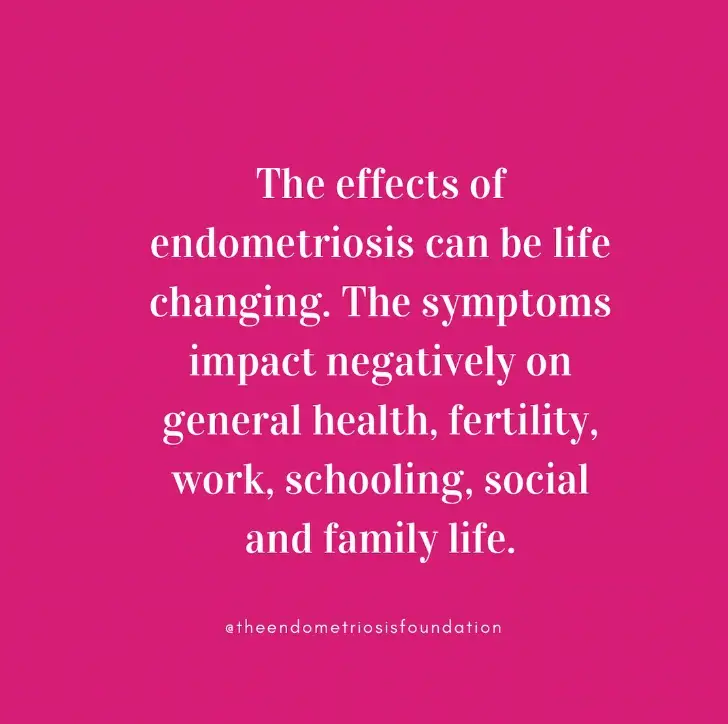
And while the policy is adaptable, one thing's definitely not, and that's Riannon and Teya's resolution on people with periods being allowed more flexible working conditions.
Riannon says: "We shouldn't have to use our annual leave or kind of use other things that we have just because some people have periods and some people don't have periods."
Teya resolves: "I don’t think people should have to know the ins and outs of having endometriosis or any other menstrual related issue - but a general awareness of the potential severity of them, and how these types of issues can massively effect women is crucial - if not for any other reason than creating a work environment with a safe space for those affected to say something without being met with indifference or even disbelief."
If you have been affected by the contents of this article, please find more information and support via Endometriosis UK on their website, Twitter and Instagram
Topics: Health, Mental Health, Endometriosis, Real Life, Life, News
